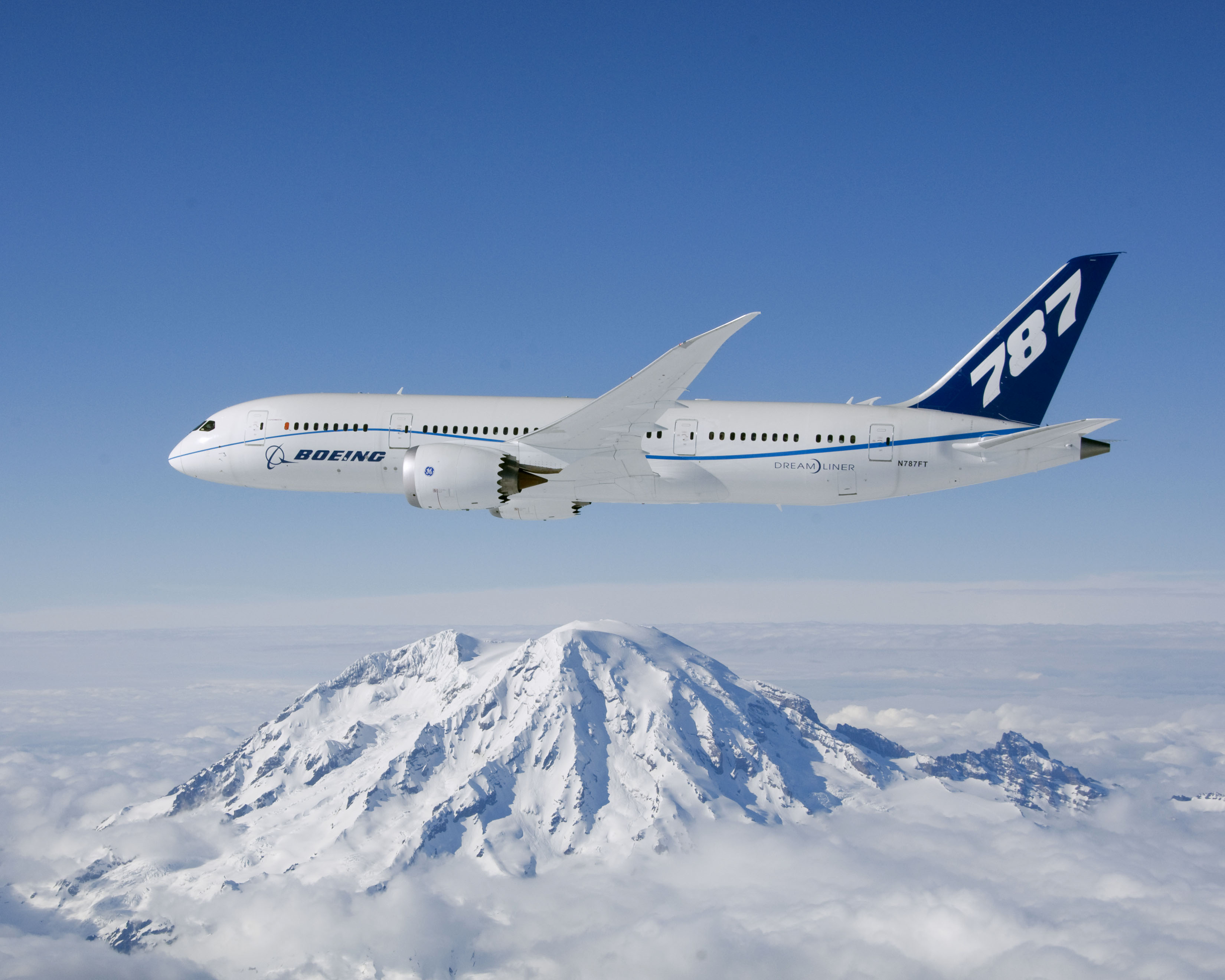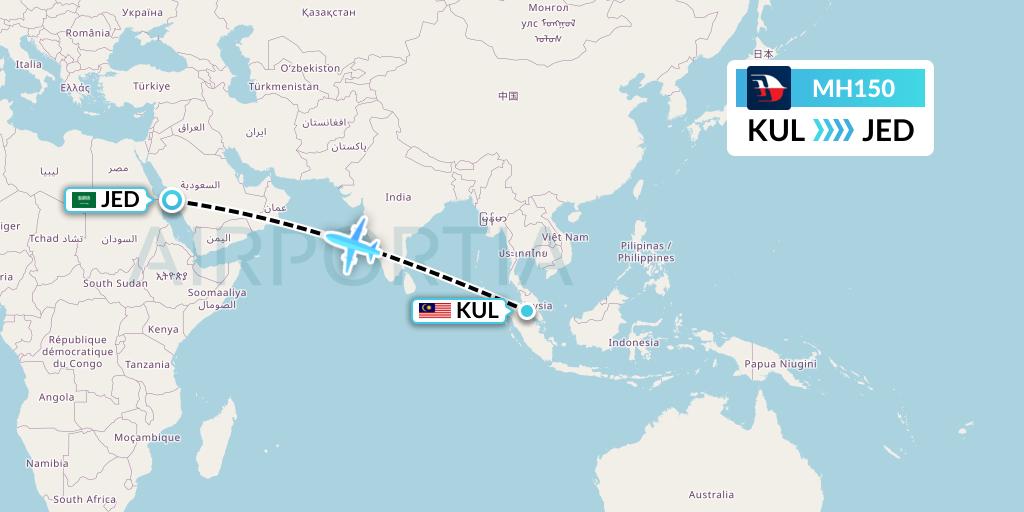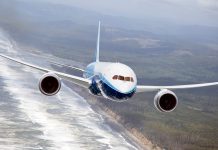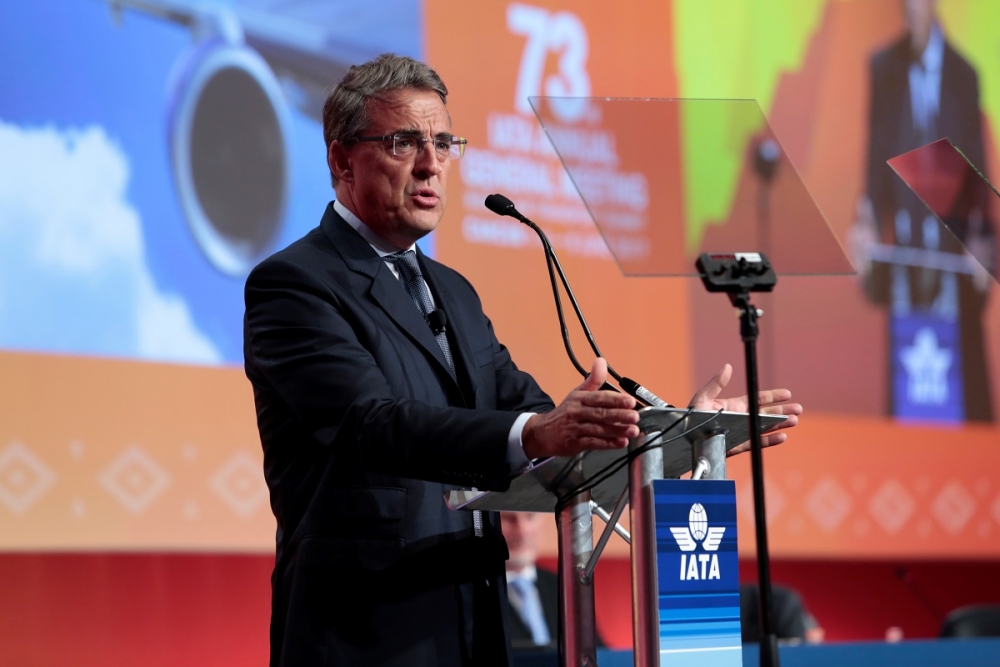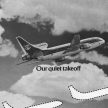Global airline lobby group IATA has warned that a US-led international trade war could hit worldwide demand for air travel.
Fears of a trade war increased Thursday after US President Donald Trump pushed forward with plans to impose tariffs on steel and aluminum imports but said the administration would use the next 15 days to negotiate exemptions for allies, including Canada and Mexico.
The 25 percent impost on steel and 10 percent tariff on aluminum is opposed by senior members of Trump’s own Republican Party and has provoked threats of retaliation from some trading partners.
The move coincides with an International Air Transport Association report showing that airlines opened 2018 with the slowest year-over-year global passenger traffic growth for almost four years.
IATA said the increase in demand in January of 4.6 percent compared to January 2017 was affected by a number of “temporary” factors such as the later timing of the Lunar New Year in mid-February.
It said the later Lunar New Year holiday accounted for about 40 percent of the slowdown.
“Despite the slower start, economic momentum is supporting rising passenger demand in 2018,’’ IATA director-general Alexandre de Juniac said.
“That said, concerns over a possible trade war involving the US could have a serious dampening effect on global market confidence, spilling over into demand for air travel.”
De Juniac said aviation was the “business of freedom” but for it to be able to grow it needed “borders that are open to trade and travel, and infrastructure to support the demand for connectivity”.
IATA’s figures saw the global passenger load factor fall half a percentage point to 79.6 percent as demand failed to keep up with a 5.3 percent rise in capacity.
READ: IATA wants biofuel flights to carry one billion by 2025.
International passenger traffic growth slowed to 4.4 percent but all regions stayed in positive territory.
A regional breakdown showed demand growth in the Asia-Pacific, where the Lunar New Year is particularly important, at a 46-month low of 4.6 percent.
Europe was the only region to see an acceleration in traffic compared to the prior month with 6 percent growth while Latin American carriers enjoyed the strongest growth at 7.3 percent.
At the other end of the scale, Middle East carriers registered the weakest traffic growth of 0.5 percent as the market to and from North America was particularly hard hit.
North American carriers saw traffic rise 3.5 percent, while African airlines were up 4.9 percent.
Growth was more robust on the domestic front, where passenger markets were up 5.1 percent in January but were again hit by the later Lunar New Year.


